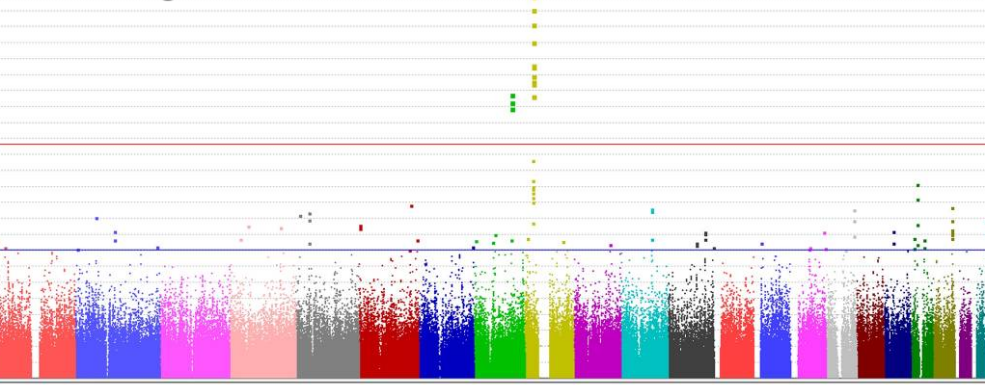
|
Director
Associate Directors |
Members |
The Ocular Genomics Institute (OGI) aims to translate genomic medicine into precision ophthalmic care for patients with inherited eye disorders. OGI researchers are working to achieve this goal through a combination of efforts, including:
- Laboratory-based translational research
- The application of modern gene therapy technologies to identify new disease genes and improve inherited retinal disorder diagnosis
- Clinical research directed toward the development of clinical trials of novel gene therapies
- Providing state-of-the-art clinical care for patients with ophthalmic genetic disorders, including comprehensive genetic testing
The OGI team works with several other departments and teams to achieve its mission. Via the Genomics Core, the OGI provides clinical genetic diagnostic testing and research services, including whole exome and whole genome sequencing, SNP-based genotype analyses, and copy number variant analyses, to both internal and external institutions.
The Mass. Eye and Ear Bioinformatics Center helps analyze genomic data. And the Gene Transfer Vector Core (GTVC) offers researchers expert advice regarding the design and execution phases of gene therapy experiments, as well as the production of research-grade gene therapy reagents. The Grousbeck Gene Therapy Center, which encompasses Dr. Luk Vandenberghe’s research laboratory and the GTVC, is supported by a generous donation from the Grousbeck Family Foundation.
Major Research Breakthroughs
- Created one of the leading centers for early-phase clinical trials of therapies for inherited retinal degenerations, with seven gene-based and one stem cell trial currently in progress
- Developed and implemented a next-generation, sequencing-based diagnostic test for inherited eye diseases
- Helped define the genetic causes of inherited retinal degenerations and congenital cranial dysinnervation disorders
- Reconstructed a synthetic adeno-associated virus gene therapy vector that is highly effective at delivering therapeutic genes to the eye, ear, liver, and muscle tissue
- Deployed the tools of CRISPR-Cas9-mediated genome and base editing to facilitate research studies of and develop therapies for inherited eye disorders
2020 Vision: Promising Areas For future Research
Looking to the future, our investigators aim to use precision medicine broadly for inherited eye diseases. This will ultimately help improve genetic diagnoses for patients, leading to the use of genetically informed therapies to preserve and/or restore vision.
Ocular Genomics News
- Discovery Opens Doors for AAV Gene Therapy Research
- Making Gene Therapy History
- Researchers to Build Cell Atlas of the Human Eye as Part of International Collaboration
